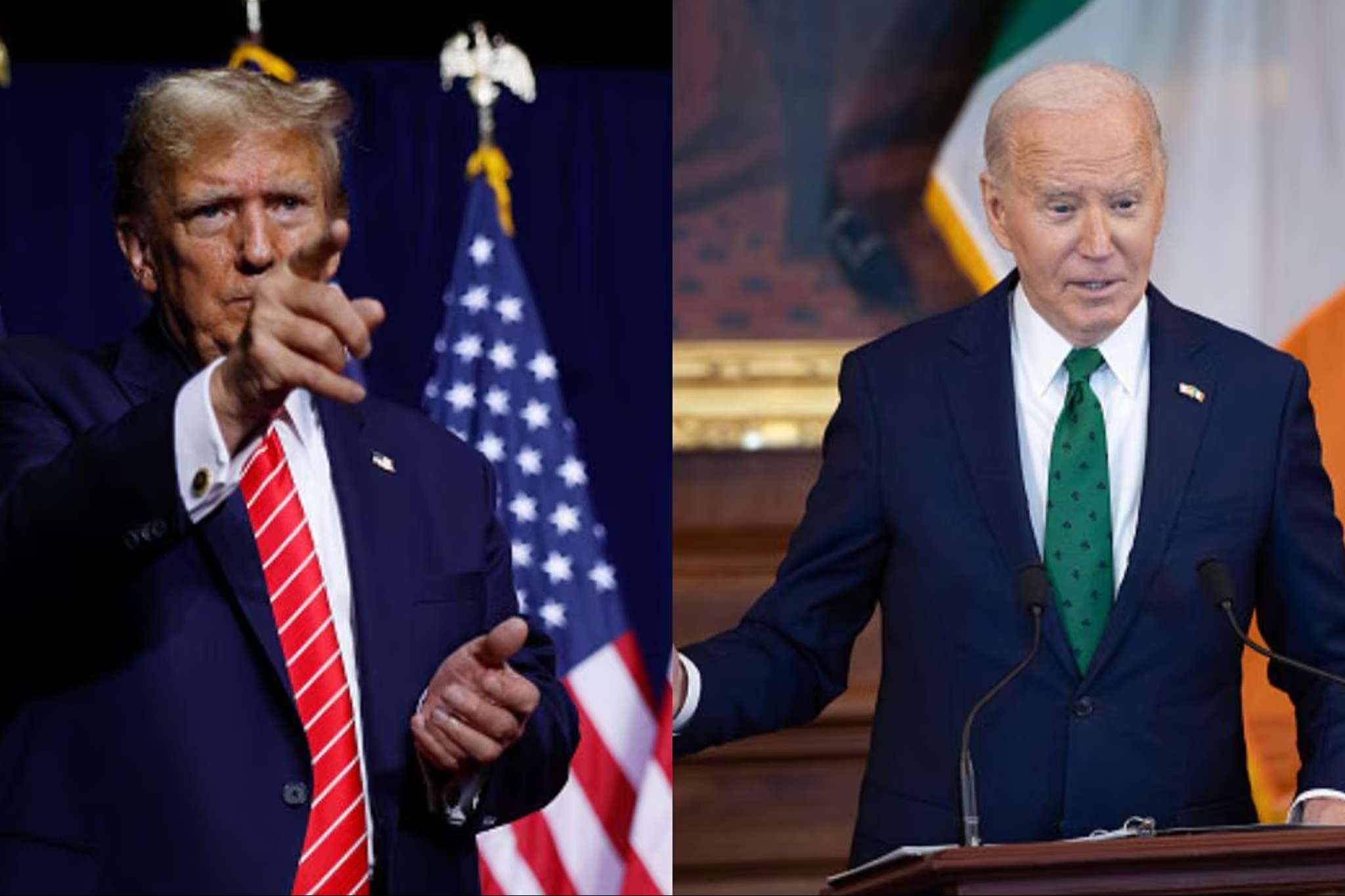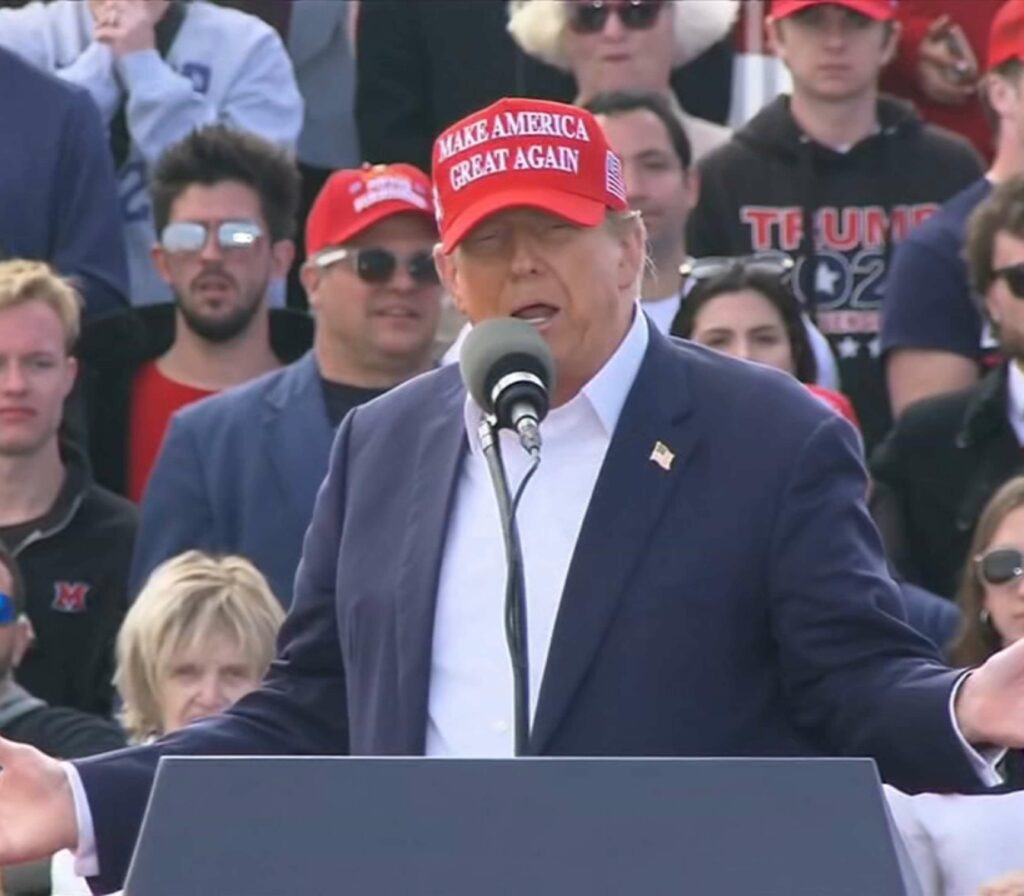News
Biden campaign alleges Trump aims for repeat of January 6th following Ohio bloodbath’ forecast.
In a stark reflection of the polarized state of American politics, the Biden campaign has issued a striking accusation against former President Trump, suggesting his desire for a repeat of the tumultuous events of January 6th. Against the backdrop of heightened anticipation surrounding Ohio’s political future, this assertion not only underscores the lingering trauma of past events but also underscores the profound implications of such rhetoric on the nation’s democratic fabric.
Trump’s Ominous Warning: Echoes of January 6th

Biden campaign alleges Trump aims for repeat of January 6th, Donald Trump, suggesting that Trump harbors a desire for a redux of the tumultuous events of January 6th. This assertion comes in the wake of Trump’s ominous warning of a potential economic catastrophe should he fail to secure victory in the upcoming election.
At a rally held in Ohio to endorse GOP Senate candidate Bernie Moreno, Trump sounded the alarm, proclaiming, “If I’m not elected… it will spell disaster for the country.” This dire forecast was met with swift condemnation from the Biden-Harris campaign, which promptly issued a statement denouncing Trump’s insinuation. The statement asserted that while Trump may harbor aspirations for another January 6th, the resolute will of the American people will once again deliver an electoral defeat come November. The electorate, it argued, continues to rebuff Trump’s extremist ideologies, his propensity for inciting violence, and his insatiable thirst for retribution.
Trump’s foreboding remark was couched within a broader discussion centered on his proposal for imposing a 100% tariff on foreign-made cars, as he boldly declared, “You won’t be able to sell those cars if I’m elected.” However, it was the invocation of a “bloodbath” that reverberated most prominently in the public discourse. Former House Speaker Nancy Pelosi raised poignant questions regarding the implications of Trump’s ominous rhetoric, expressing deep-seated concerns over its veiled threats and potential consequences.
Immigration and Division: Trump’s Divisive Tactics
Moreover, Trump’s speech was not devoid of his characteristic anti-immigrant vitriol. He escalated his verbal assault on undocumented immigrants, resorting to dehumanizing rhetoric and assigning blame for a litany of societal woes upon their shoulders. The mention of Laken Riley, a Georgia nursing student tragically murdered by a suspect who happened to be an undocumented migrant, provided Trump with another opportunity to peddle his anti-immigrant narrative. He callously seized upon her death to further stoke fear and animosity towards immigrants, lamenting what he described as the unchecked “invasion” facilitated by the Biden administration’s purportedly lax immigration policies.
Trump: If I don't get elected, it’s gonna be a bloodbath. It’s gonna be a bloodbath for the country pic.twitter.com/BWpWORo9Hs
— Biden-Harris HQ (@BidenHQ) March 16, 2024
Pence’s Defiance and Republican Identity Crisis
Meanwhile, the former Vice President, Mike Pence, made waves by announcing his refusal to endorse Trump for re-election. Pence cited irreconcilable differences between himself and Trump on a myriad of issues, including Pence’s actions on January 6th, during his own presidential campaign. This bold stance served to underscore the deep schisms within the Republican Party and hinted at a potential fracture in the party’s unity as the election cycle heats up.


